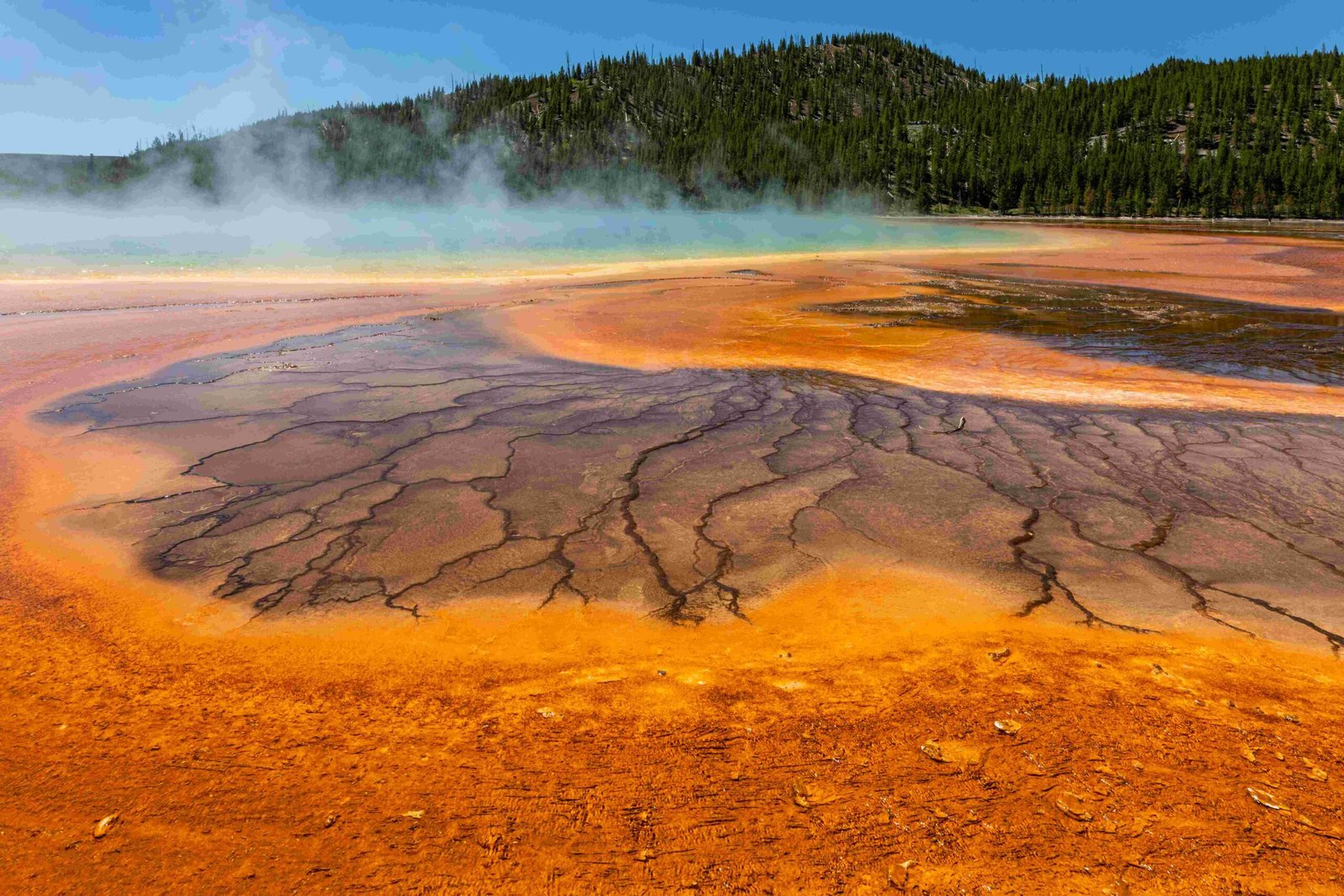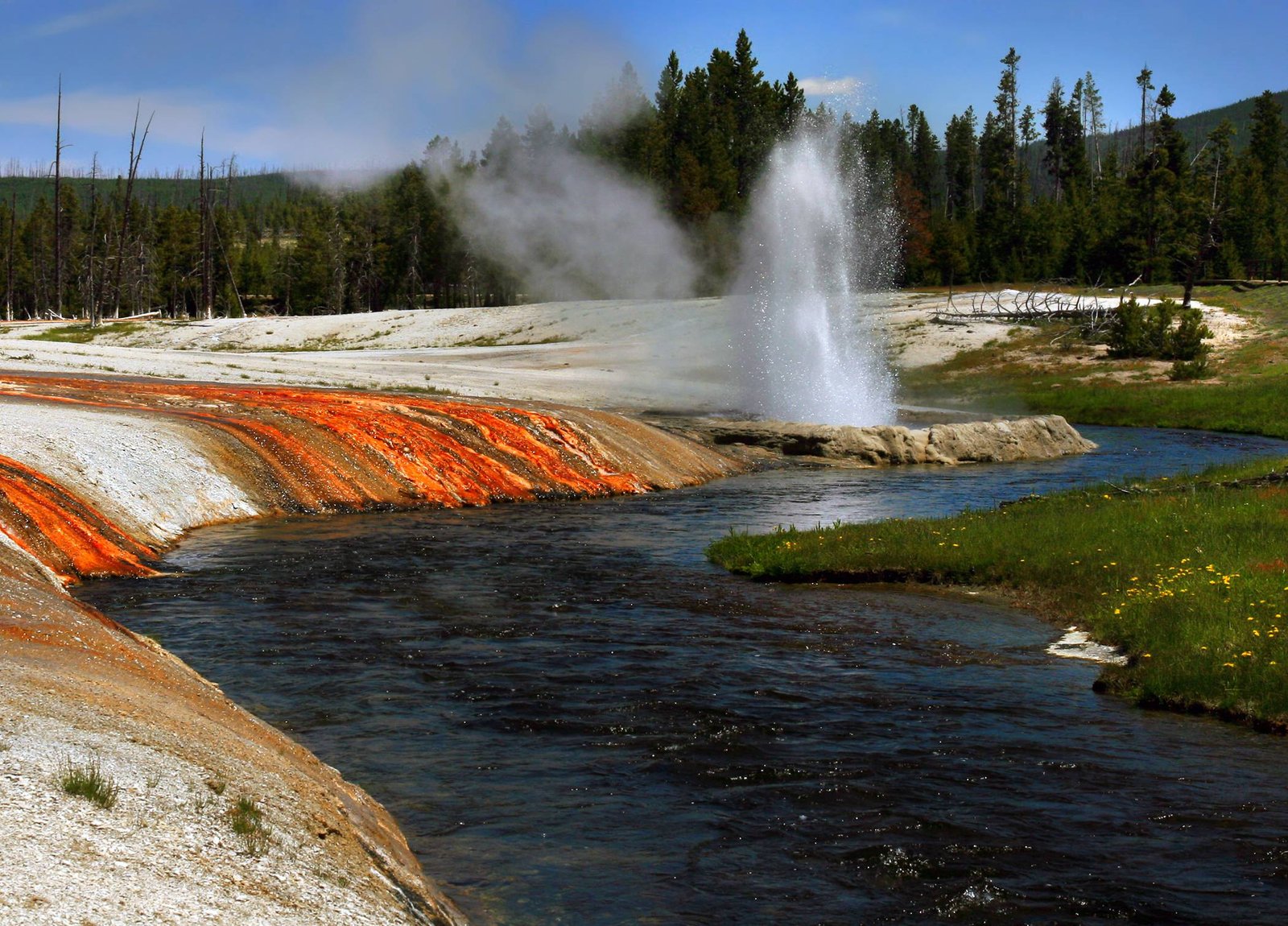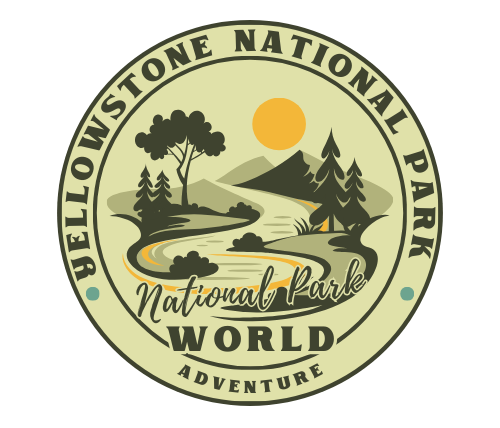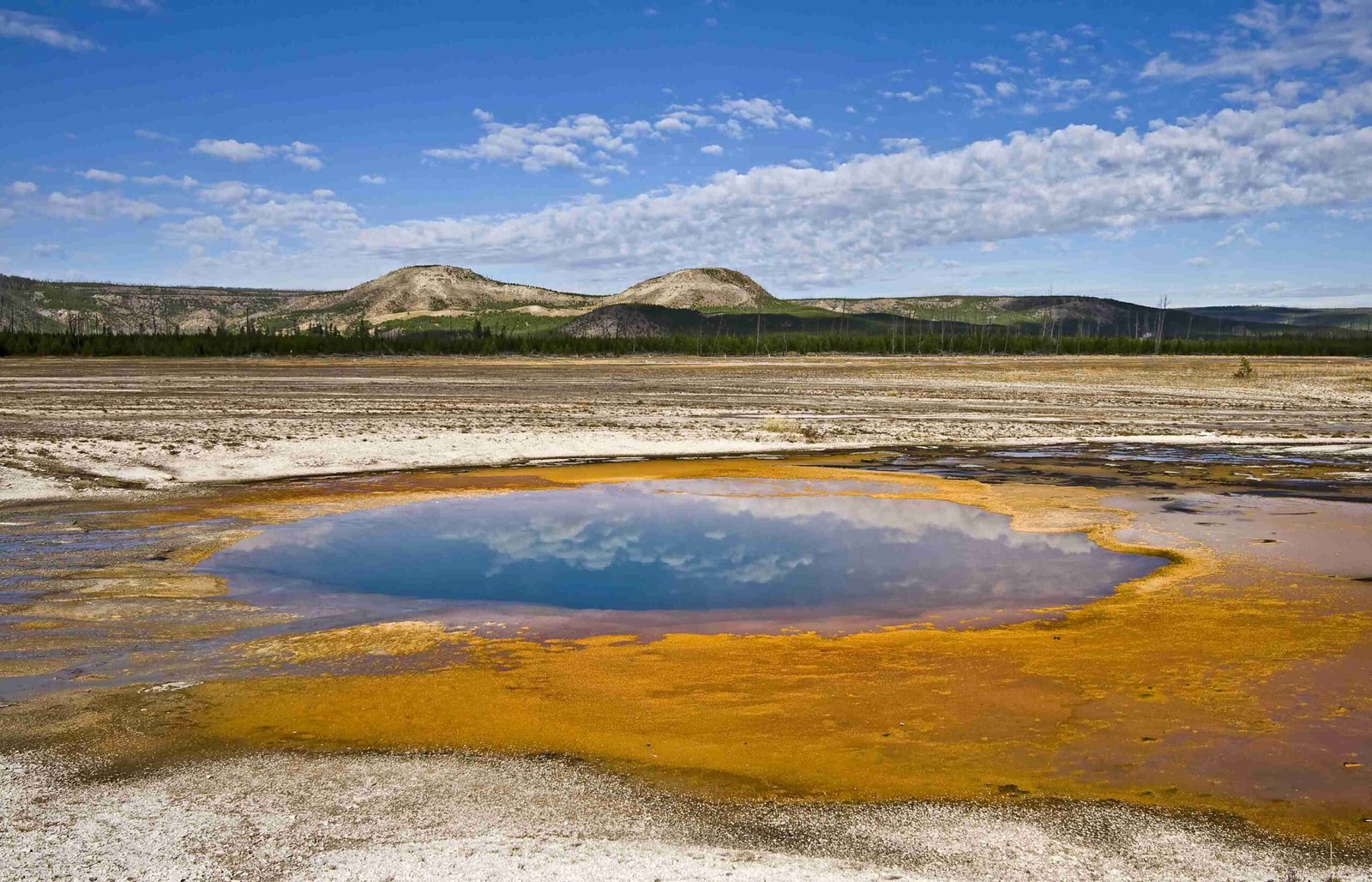Yellowstone National Park faces numerous challenges, including wildlife management issues, overcrowding, preservation of geothermal features, and environmental impacts from tourism. These problems range from managing animal populations like wolves and bison to addressing the effects of millions of annual visitors on the park’s delicate ecosystems. The park’s management must balance conservation efforts with public access and enjoyment.
What Are the Major Wildlife Management Issues in Yellowstone?

How Does Yellowstone Handle Animal Population Control?
Yellowstone National Park grapples with complex wildlife management issues, particularly concerning key species:
- Wolves:
- Population has grown significantly since reintroduction in 1995
- Montana alone has over 1,100 wolves
- Approximately 40% of wolves must be removed annually to maintain population stability
-
About 240 wolves are killed each year by hunters or other means
-
Bison:
- Population managed to stabilize around 4,900 animals
- Increasing by 10% to 17% per year
- Periodic reductions necessary, such as planned reduction of 500-700 animals in 2021
-
Management involves hunting outside park and capturing near boundaries
-
Elk:
- Population affected by wolf reintroduction
- Decline in numbers has allowed aspen tree regrowth
-
Threatened by chronic wasting disease (CWD)
-
Grizzlies:
- Population increased from 136 in 1975 to around 800 in 2014
- Remain a threatened species
- Face threats from backcountry recreation and climate-induced habitat changes
What Challenges Arise from Human-Wildlife Interactions?
- Hunting and Predation:
- Wolves and other predators hunted outside park boundaries
- Impacts populations within the park
-
Leads to controversies over species management
-
Disease Transmission:
- Brucellosis in bison
- CWD in elk and deer
- Canine distemper in wolves and coyotes
- Threats to wildlife, human, and livestock health
How Does Yellowstone Approach Wildlife Management?
- Collaborative Management:
- Involves federal and state agencies
- Includes private landowners and non-governmental organizations
-
Addresses population control, disease management, and habitat preservation
-
Research and Monitoring:
- Yellowstone Wolf Project
- Yellowstone Wildlife Health Program
-
Focus on research, monitoring, and management for wildlife sustainability
-
Conservation Efforts:
- Restoration of native fish populations
- Management of CWD
- Protection of various species
- Requires significant funding and coordinated management
What Are the Quantifiable Effects of Park Overcrowding?

While specific data on overcrowding effects is limited, some general points include:
- Over 4 million annual visitors
- Peak tourist season during summer months
- Potential issues with parking capacity and congestion
- Proposed solutions include managing visitor flow and enhancing public transportation
How Does Yellowstone Preserve Geothermal Features Amidst Tourism Pressures?
- Monitoring and Enforcement:
- National Park Service employs strategies to protect geothermal features
-
Specific techniques not detailed in available sources
-
Visitor Education:
- Key strategy to preserve unique features
- Importance of educating visitors about preservation
What Is the Environmental Impact of Tourism on Yellowstone?
How Does Tourism Affect Pollution Levels and Habitat Disruption?
- Human Impact:
- Recreation and tourism lead to habitat disruption
- Introduction of invasive species
-
Spread of exotic plants from rural homes and agricultural fields
-
Disease Transmission:
- Tourism and human-wildlife interactions can lead to disease spread
- Affects wildlife, domestic livestock, and pets
What Are the Costs of Maintaining Park Facilities and Infrastructure?
Detailed data on maintenance costs related to visitor activities is not provided in the available sources. However, managing tourism impacts presents significant financial and logistical challenges for the park.

